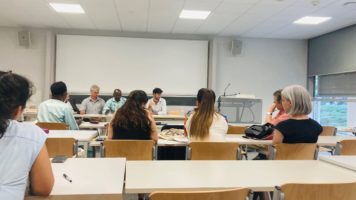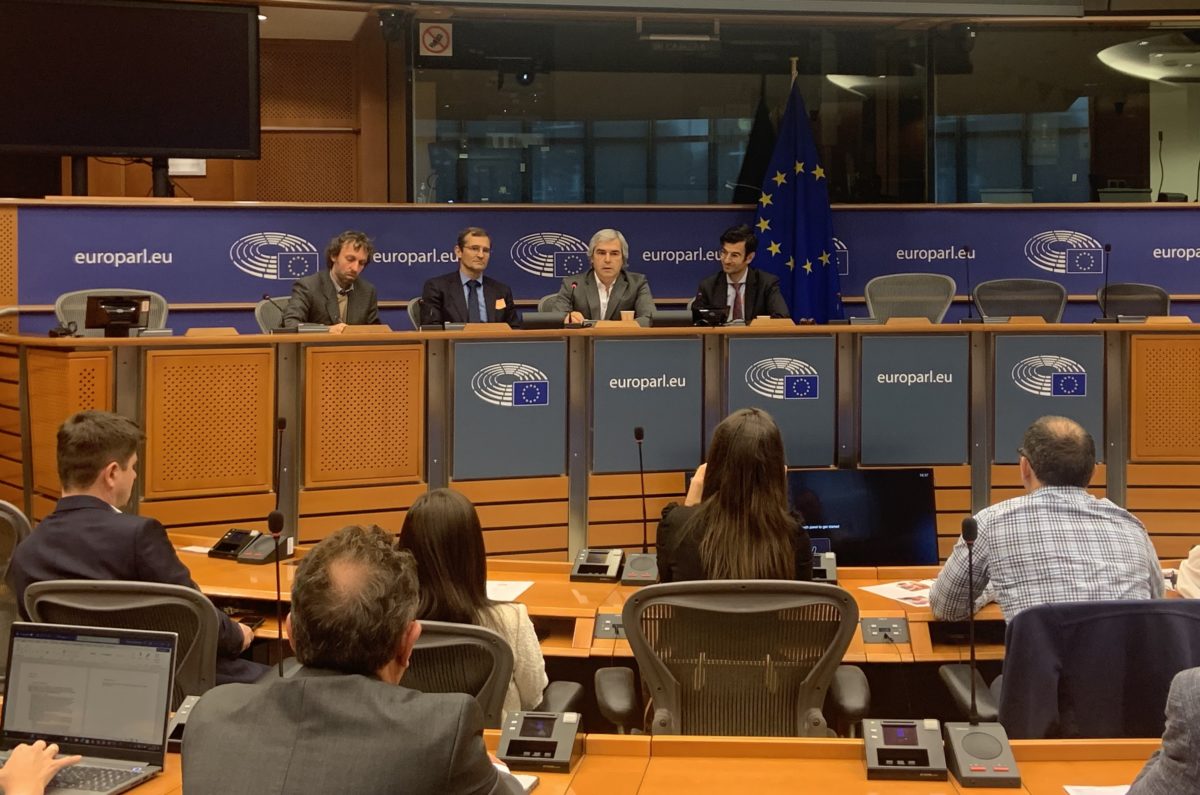EMIE (European Meeting of Independent Education) is a European informal network, gathering organizations and players from civil society concerned with educational pluralism. The purpose of its annual meeting is to enhance communication and share good practices between the different stakeholders that cooperate in advocating for the freedom of education in Europe.
In this year’s meeting, two challenges across different states that are common specifically to non-state schools have come to light: lack of funding and state inference on the curriculum, often with ideological agenda. In Cyprus, for instance, non-state schools exist but they receive no support from the State which puts all costs for the education of children on the back of their parents. The same is true for Italy where the number of pupils in private institutions has dropped from 20% to 7% in recent years. In such places, freedom of education is a privilege and not a right. Independent schools in the Netherlands recount a different experience. They are fully subsidized by the State but because of it, the State increasingly requires private schools to change their curriculum which is becoming a real challenge to the freedom of education in that country.
In the afternoon, a policy event titled “The Role of Independent Schools in the Future of Europe” took place in the European Parliament. This event was co-organized by the European Popular Party (EPP), OIDEL, ECNAIS, and EMIE. Host MEP Nuno Melo (Portugal) opened the event by recalling that children are the children of the parents and not the children of the State. In the same panel, Rodrigo Melo (ECNAIS) pointed out that with 20 million students in independent education, they are a minority in Europe but an important minority. Ignasi Grau (OIDEL) added that education, although not a competence of the EU, is impacted by the decisions taken by the different EU mechanisms that have an impact on national educational policies. Jakub Dvorak (ECNAIS) ended the first panel with an insightful case study of Czech independent schools. The second panel consisted of MEP Michaela Sojdrova (Poland), MEP Victor Negrescu (Rumania), Andrei Frank (LLLP), and Martyn Rawson (ECSWE) who discussed the contribution of independent schools to engagement, well-being, and achievement for all in the EU.
Ignasi Grau and Josyane Zingg represented OIDEL and left Brussels with new information, new contacts, and new clarity about the importance and urgency of the fight for freedom of education in Europe.





